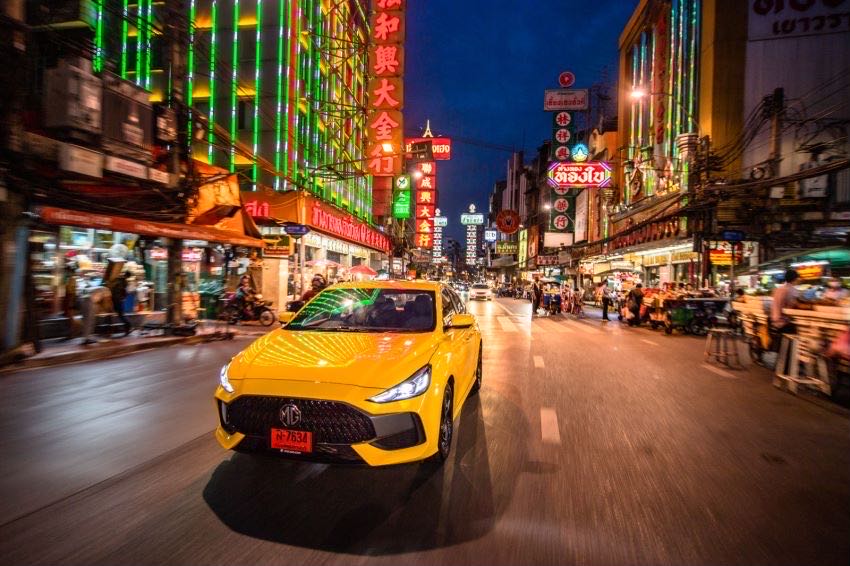
File photo
Editor's note: In 2023, China's new energy vehicle (NEV) exports continued their strong momentum, showing their international competitiveness. How are the overseas sales of Chinese NEVs? What's the trend? What are the local policies with NEVs? How do consumers respond to China's NEVs? Join our new series of "China's new energy vehicles go overseas" for further information.
Bangkok (People's Daily) - Data shows that in 2022 the sales of NEVs in six Southeast Asian countries exceeded 51,000 units, an increase of about 219 percent over 2021. The influence of Chinese new energy vehicle producers is increasing in Southeast Asia.
For example, in Thailand, the largest new energy vehicle market in Southeast Asia, Chinese automaker BYD ranked first for three consecutive months on Thailand's NEV sales list, with Chinese firms Great Wall, MG and NETA Auto hovering near the top.
As Thai demand for NEVs heats up, Chinese car companies have said they will increase their investment in Thailand. Chinese carmakers, BYD Auto, NETA Auto and SAIC Motor have announced the construction of overseas passenger car production bases and key parts production bases for NEVs in Thailand.
"There are more than 180,000 MG cars in Thailand," said Zhao Feng, general manager of SAIC Thailand.
"The construction of the new energy industrial park will support Thailand's transition to a green and low-carbon society," he said.
Ceferino Rodolfo, the undersecretary of the Department of Trade and Industry of the Philippines, told media that the Philippines, Vietnam and Indonesia are encouraging BYD to build new energy vehicle assembly plants.
The increase in sales and investment of NEVs stems from preferential policies issued by Southeast Asian countries.
In Malaysia, NEVs will be free from import and sales taxes by the end of this year and sales taxes will be exempted for assembled imported NEVs by the end of 2025.
From April to December this year, Indonesia reduced the value-added tax on the purchase of NEVs from 11 to 1 percent. NEVs with a localization ratio of 20-40 percent of auto parts can enjoy a 6 percent value-added tax concession. The Indonesian government is providing a car purchase subsidy of about US$5,300 per consumer.
Since June last year, the Thai government has provided consumers with a subsidy of up to 150,000 baht per new energy vehicle.
(Translated by Li Yuxin)


